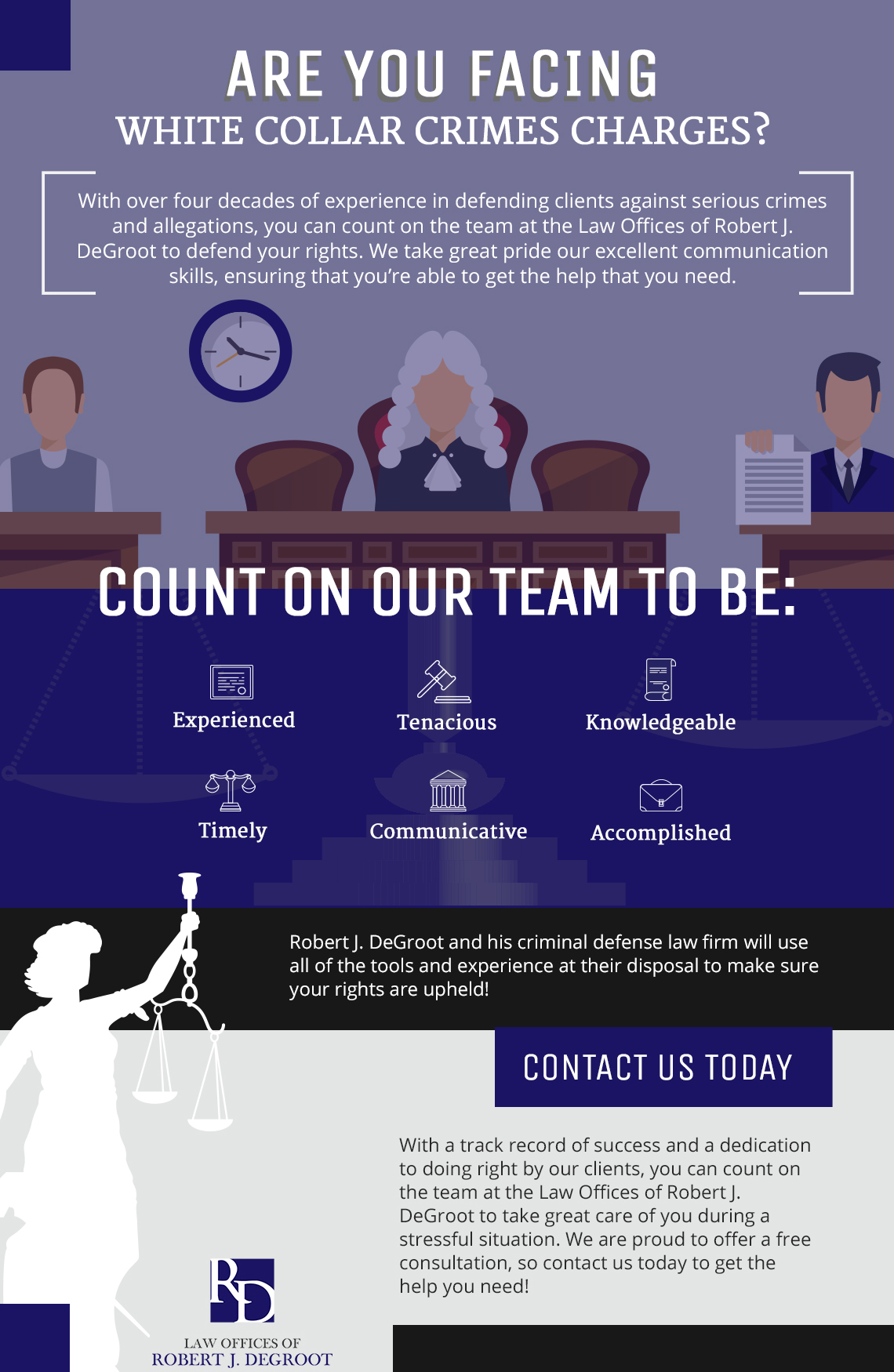The Function Of Proof In Criminal Defense: Important Details You Have To Know
The Function Of Proof In Criminal Defense: Important Details You Have To Know
Blog Article
Material By-Akhtar White
When you think about criminal defense, proof is frequently the first thing that comes to mind, and for good reason. It's the structure whereupon your case stands, forming the narrative and affecting the jury's understanding. Different types of proof, from physical to digital, each play an unique duty in establishing a defense. Yet not all proof is dealt with similarly; admissibility requirements can make or damage your defense method. Comprehending these subtleties is important, especially when taking into consideration exactly how they can influence the outcome of a test. So, what should you learn about these requirements?
Kinds of Evidence
When it pertains to criminal defense, comprehending the types of evidence can make all the difference in your case. Evidence falls under several categories, each playing an essential duty in developing the realities of your circumstance.
One typical kind is testimonial proof, that includes declarations made by witnesses. Their accounts can give insight into what took place and can either sustain or challenge the prosecution's insurance claims.
Physical proof is another crucial kind, incorporating tangible products like tools, clothing, or fingerprints. This kind of evidence can directly connect you to a criminal offense or help negate claims versus you.
Then there's documentary proof, that includes documents, photographs, or any type of written materials significant to your situation. These files can supply a timeline or context that's vital for your protection.
Lastly, you can't ignore electronic proof, that includes data from smartphones, computers, or social media sites. This kind of evidence can reveal essential details regarding your activities or interactions.
Admissibility Criteria
In criminal defense, the admissibility of evidence is essential to your case's outcome. You'll require to comprehend the requirements that figure out whether proof can be made use of in court. Typically, proof must be relevant, trusted, and acquired lawfully to be taken into consideration permissible.
Importance implies the evidence has to straight associate with the situation and aid show or negate a truth moot. If it does not attach to your defense or the charges versus you, it may be excluded.
Dependability makes certain that the evidence is qualified and trustworthy; for instance, eyewitness testimony can be cast doubt on if the witness has a history of unreliable accounts.
Additionally, evidence needs to be collected in accordance with lawful procedures. Any proof acquired through illegal methods, such as an unlawful search or seizure, may be deemed inadmissible under the exclusionary policy.
Understanding these standards can equip you to work properly with your attorney. They'll browse the intricacies of these policies to strengthen your defense, ensuring only the best proof exists in your favor.
Constantly bear in mind, the admissibility of evidence can significantly influence the court's understanding of your case.
Influence On Protection Methods
The admissibility of proof directly shapes your defense techniques. When proof is deemed permissible, you can utilize it to develop a solid case. Conversely, if proof is ruled inadmissible, you require to pivot your method. Understanding what proof the prosecution can provide helps you expect their debates and prepares you to counter them successfully.
You'll wish to concentrate on gathering proof that sustains your defense. This may include witness statements, specialist testament, or files that challenge the prosecution's claims. The goal is to produce practical doubt in the minds of the jurors. If specific items of proof are weak or contentious, you might take into consideration an approach that emphasizes other solid elements of your case.
Additionally, the sort of evidence-- whether it's forensic, testimonial, or electronic-- will determine how you connect your defense. You'll require to craft engaging stories that reverberate with the jury while making use of permissible evidence to back up your insurance claims.
Inevitably, your approach should be adaptable, permitting you to adapt as brand-new proof emerges or as judgments are made. https://www.myheraldreview.com/news/courthouse/criminal-defense-lawyers-get-ok-to-directly-contact-crime-victims/article_62d84880-c688-11ec-b261-6f86f3a5878f.html make need to line up with the goal of making certain the best possible end result for your situation.
Final thought
In criminal defense, evidence plays a critical function in shaping your instance. By comprehending the different types of evidence and their admissibility criteria, you can enhance your protection strategy and create affordable doubt psychological of jurors. Teaming up carefully with your lawful advice makes sure that your proof exists properly and adapts to any new developments during the test. Eventually, the right proof can make all the difference in achieving a desirable result.
